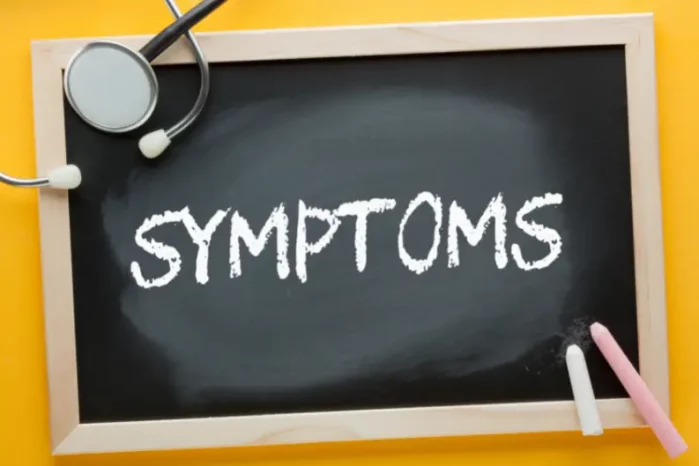Herpes simplex virus type 1 (HSV-1) is a prevalent viral infection that affects a significant portion of the global population. This virus is primarily associated with oral herpes, causing cold sores or fever blisters around the mouth and lips. While HSV-1 typically manifests as oral lesions, it can also lead to genital herpes through oral-genital contact. Managing HSV-1 requires a comprehensive understanding of the virus and the implementation of appropriate treatment strategies. In this article, we delve into the intricacies of HSV-1 treatment, exploring both conventional and emerging therapeutic approaches.
Overview of HSV-1 Treatment:
Treatment for HSV-1 aims to alleviate symptoms, shorten the duration of outbreaks, and reduce the frequency of recurrence. While HSV-1 cannot be cured, antiviral medications play a crucial role in managing the infection. These medications help suppress viral replication, thus controlling symptoms and preventing transmission to others.
Conventional Treatment Options:
Antiviral Medications: The cornerstone of HSV-1 treatment involves the use of antiviral drugs such as acyclovir, valacyclovir, and famciclovir. These medications work by inhibiting viral DNA synthesis, thereby reducing the severity and duration of outbreaks. They are available in various formulations, including oral tablets, topical creams, and intravenous formulations for severe cases.
Topical Treatments: Over-the-counter (OTC) creams containing docosanol or penciclovir may provide symptomatic relief for individuals experiencing mild outbreaks. These topical agents help reduce pain, itching, and inflammation associated with cold sores. However, they are most effective when applied during the prodromal stage (tingling or itching sensation before the appearance of lesions).
Pain Management: Pain associated with HSV-1 outbreaks can be managed with analgesic medications such as acetaminophen or ibuprofen. These drugs help alleviate discomfort and improve the patient’s overall quality of life during outbreaks.
Management of Recurrent Outbreaks:
One of the significant challenges in treating HSV-1 is managing recurrent outbreaks. While antiviral medications can suppress viral activity, certain triggers may precipitate recurrent episodes. Identifying and avoiding these triggers is essential for preventing frequent recurrences. Common triggers include:
Stress: Psychological stress weakens the immune system, making individuals more susceptible to HSV-1 outbreaks. Stress management techniques such as relaxation exercises, meditation, and counseling can help reduce the frequency of recurrences.
Sun Exposure: Ultraviolet (UV) radiation from the sun can trigger cold sore outbreaks in susceptible individuals. Using sunscreen lip balms and wearing protective clothing can minimize the risk of flare-ups triggered by sun exposure.
Illness: Viral infections, fever, and other illnesses can weaken the immune system and trigger HSV-1 outbreaks. Maintaining a healthy lifestyle, including regular exercise, adequate sleep, and a balanced diet, can bolster the immune response and reduce the likelihood of recurrent episodes.
Emerging Treatment Approaches:
In recent years, researchers have explored alternative treatment modalities for HSV-1, aiming to improve therapeutic outcomes and address the limitations of existing medications. Some promising emerging approaches include:
Immunotherapy: Immunomodulatory agents such as interferons and therapeutic vaccines are being investigated for their potential to boost the immune response against HSV-1. These treatments aim to enhance the body’s ability to recognize and eliminate the virus, leading to reduced viral shedding and fewer outbreaks.
Gene Editing Technologies: CRISPR/Cas9 gene editing technology holds promise for targeting and disrupting the HSV-1 genome within infected cells. By selectively disabling viral genes essential for replication, gene editing approaches may offer a novel therapeutic strategy for controlling HSV-1 infection.
Novel Antiviral Agents: Researchers are actively searching for new antiviral compounds that exhibit potent activity against HSV-1 while minimizing the risk of drug resistance. These efforts involve screening natural products, exploring synthetic compounds, and designing drugs with novel mechanisms of action.
Conclusion:
HSV-1 is a widespread viral infection that poses significant challenges in terms of treatment and management. While antiviral medications remain the primary approach for controlling symptoms and reducing transmission, ongoing research efforts are focused on developing alternative therapeutic strategies. By understanding the complex interplay between the virus and the host immune response, healthcare providers can optimize treatment outcomes and improve the quality of life for individuals affected by HSV-1. With continued advancements in medical science and technology, the future holds promise for more effective and targeted approaches to managing this prevalent viral infection.
























